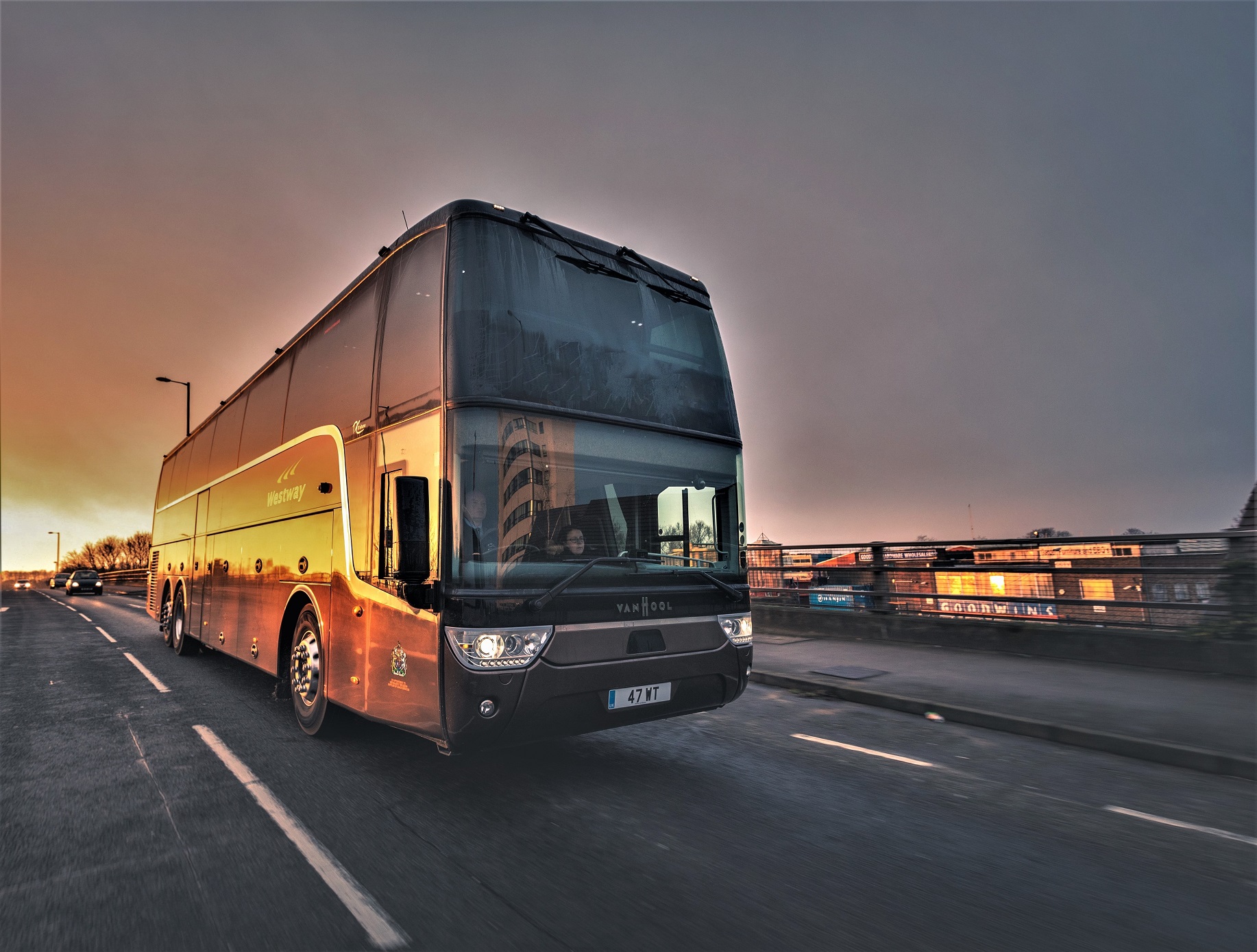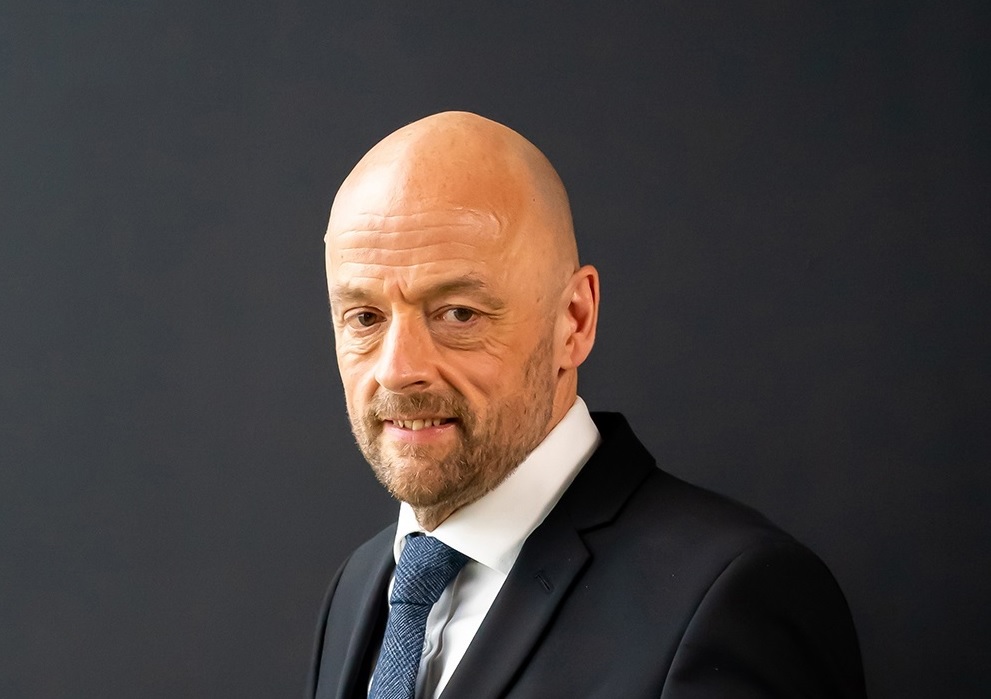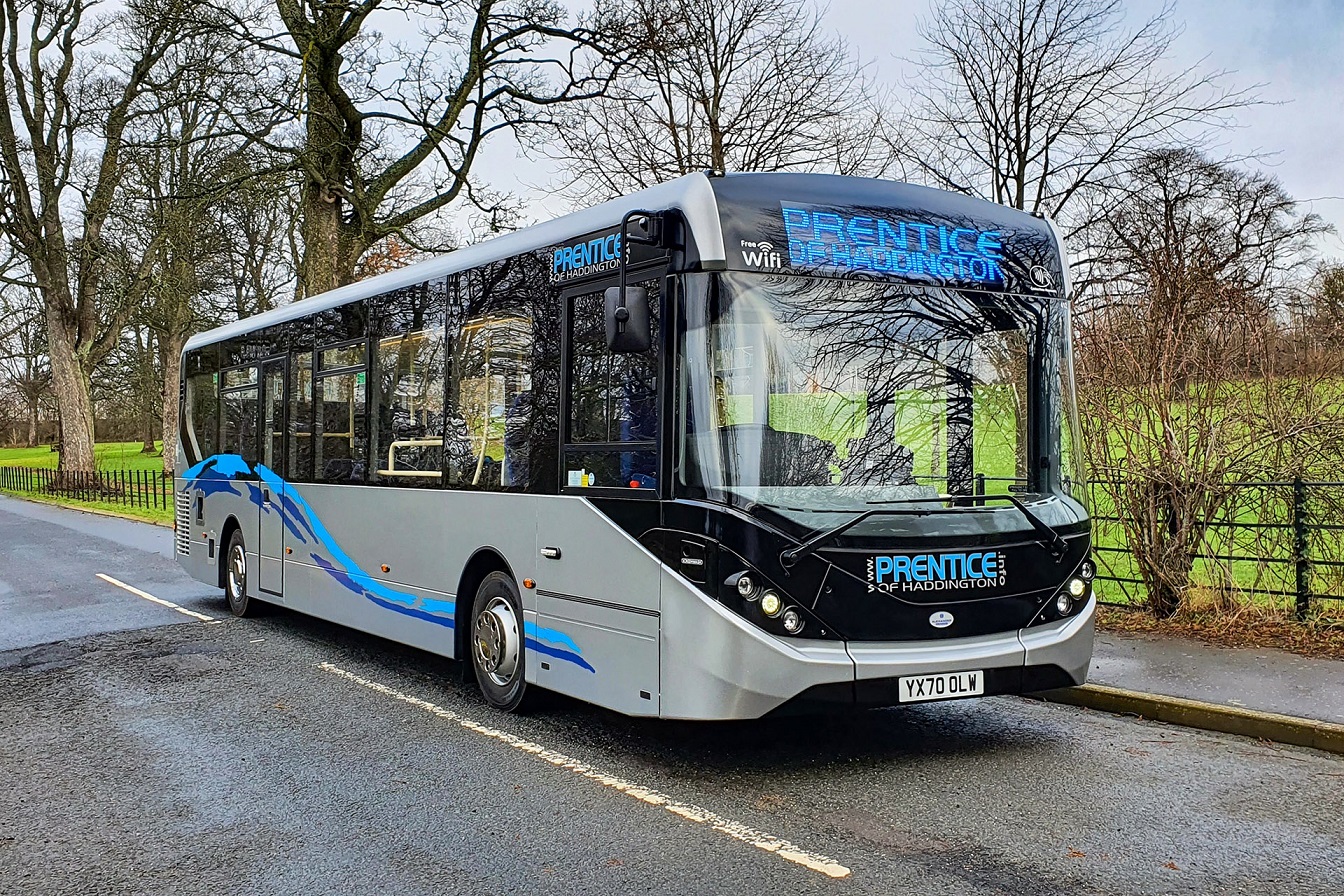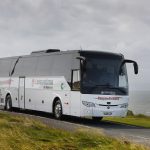The foreword to the Confederation of Passenger Transport (CPT) Zero Emission Coach Taskforce report, Coach Route Map to Destination Zero, describes the work as “only the first stop of many on our long road to destination zero.” However, it says that the first “extremely productive” year for the Taskforce has “delivered us to a place where a future with zero-emission coaches feels challenging but achievable.”
Coaching has shown great resilience in the face of adverse times. Despite challenges, operators have already begun decarbonising their fleets with zero-emission vehicle. The likes of Ember and Westway Coaches demonstrate what is possible with battery-electric coaches today.
Early adopters have been followed by a host of others introducing zero-emission coaches (ZECs), with nearly 50 now in operation. The capabilities of these coaches have been proven across a range of operations, including staff shuttle work, back-to-base day trips and intercity journeys – highlighting the possibilities for operators looking to make the switch to zero-emission.
While this progress is to be applauded, and not for the want of trying or interest, the adoption of ZECs is lagging behind that of zero-emission buses (ZEBs). Zemo Partnership analysis shows that around 50% of all new bus registrations in the last two years have been zero-emission, an achievement expected to be matched in 2023.
This has been made possible by significant government funding through grant schemes like the Zero Emission Bus Regional Areas and All Electric Bus City mechanisms in England, in addition to the operational incentives through BSOG. Coaches have missed out on dedicated funding to date, except in limited cases such as the Scottish Zero Emission Bus challenge fund, albeit with specific eligibility criteria.
Ultimately, funding is going to be the key to unlock the adoption of ZECs, something we’ve seen in the bus sector in recent years. If we were to enable coach operators to overcome the financial barriers associated with purchasing new vehicles and accompanying infrastructure, ZECs would soon become the standard for so-called ‘low-hanging fruit’ coach operations.
Highlighting the opportunities for ZECs on longer-distance operations is vital, too. The need for long-distance coach trials (in a similar vein to the Zero Emission Road Freight Trials) is therefore ever more pressing.
Crucially, ZEC uptake will also drive technological development among OEMs seeking to meet operator requirements, particularly in relation to range and payload, whether that be through battery-electric or hydrogen fuel cell-electric technologies.
OEMs have made rapid progress with ZEB drivetrain technologies in recent years; Zemo analysis shows that the average quoted range for battery-electric buses available today has increased by over 50% from around 200km in 2015 to over 300km in 2022.
That being said, vehicles are not the only challenge. Without nationwide strategic infrastructure developed in tandem with the HGV sector, long-distance coach operations working away from depot will be incredibly hard to decarbonise.
While funding is vital in the long term, there are some interim measures that government and industry could consider in order to facilitate the decarbonisation of coaches on the road today, as CPT’s report also highlighted.
Most notable is the potential for renewable fuels (such as HVO) to decarbonise existing fleets without the need for significant alterations. Repowering to zero-emission may provide a solution for some operators, too.
Although there is much to do before ZECs become the standard for the majority of operators, the coach industry now has a much clearer view of the barriers to decarbonisation – an important first step on the journey to zero. While many solutions will require significant funding, and suitable models for many applications are not currently available, the industry also has a suite of solutions that are viable today to reduce emissions.
























